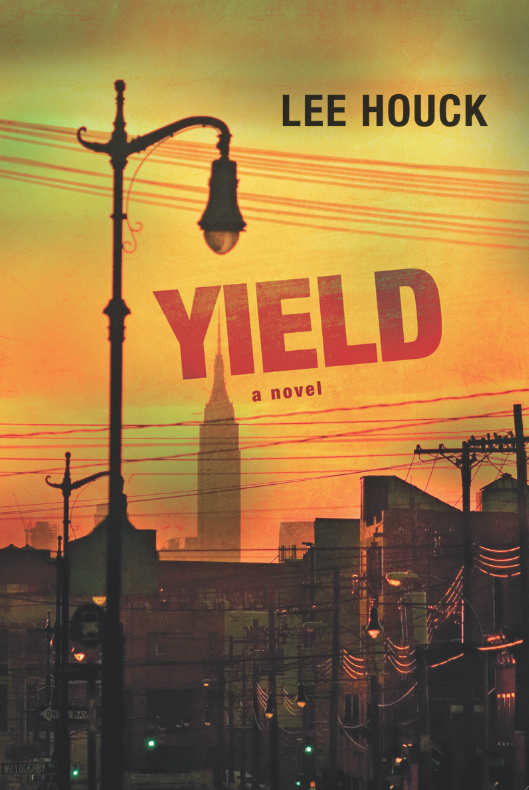So Long, Ms. Rich
Posted: March 29, 2012 Filed under: art-making, gays, horrible, NYC, passings, poems, tennessee, the unbearable weight of history, Uncategorized Leave a commentI was maybe sixteen when one of my English teachers handed me some photocopies as I left her class, folded in half, pulled from inside her purse, like they were a secret. They were dark on one edge of the paper, bright fields of white with a scattering of words on the other edge–that was how things looked when you made copies back then, because you laid the spine of the book down onto the glass and pressed to flatten it out. “Here,” she said, and nothing else. I got the message from the tone, that, like medicine, or custom shoes, the poems were the right dose at the right time, the perfect fit, and they were meant just for me.
I read, from Yom Kippur 1984:
Find someone like yourself. Find others.Agree you will never desert each other.Understand that any rift among youmeans power to those who want to do you in.
I had always, somehow, felt the power of words–how words on a page could make a person feel invincible. How they can unlock a force, nurture a small seed that grows through decades to become a colossal castle-swallowing vine. At the time, I felt that those who wanted to do me in were all around me–principals, status-quo-loving teachers, other students–the kind of oppression that only a white kid in the suburbs can feel. But feel, nonetheless. Find someone like yourself. Find others. This was the first time I saw that I had the power to do just that. Inside me. Already. Not only did I have the power inside me, but I had the obligation to look for others, look outward, cast my eyes ahead. And, too, there was a promise that the others were looking to be found. Adrienne Rich made me feel like a person in the world.
It wasn’t until I was 21 or so, living in New York, that I discovered that everyone else had already discovered Rich’s work. Being a weirdo kid with nerdy interests–theater, the written word, secret languages–I’d somehow believed that Ms. Rich’s poems were only to be found on clandestine folded copies, all of them. I was shocked and disappointed. Until I realized that the poems had, in some sense, did for every reader what they had done for me. It was a slow realization, an uncomfortable one, having felt like a biggish fish in a small pond and then, bang, a nobody in the big city. By then, however, I had found the others. I knew that, at least. The transformation was exactly what a poem can do. Insinuate, declare, destroy, and then nurture, rebuild, create until you feel invincible. She’d promised it, and it came true. Since yesterday I have been wishing that I could bring her back with that same power, that I could harness those first feelings into some kind of remedy.
You, and you, and you, all of us, what if we lean out our windows, from New York to Tennessee to Texas and California, screaming her name into the wind, and she’ll come back, renewed. I always loved that the audience claps for a dying Tinkerbell and she is revived–certainly it could work for a fierce, sexual, Jewish, lesbian, intellectual sorceress like Ms. Rich.
Tonight I thinkno poetrywill serve
